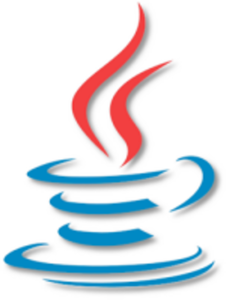The battle over Java took another turn yesterday when the Apache Software Foundation announced its plans to vote against the approval of Java 7, the next major version of the programming language. The announcement, along with an encouragement for other members of the Java Community Process (JCP) to follow suit, is meant to serve as a threat to Oracle in order to force the company to comply with the procedures necessary to verify the Apache Harmony project.

The Apache Software Foundation (ASF) has been unable to certify Java as Oracle, which acquired the language when the company purchased Sun Microsystems, will not provide the test kits available under the suitable license. As the ASF says in yesterday’s announcement, “Oracle is violating their contractual obligation as set forth under the rules of the JCP by only offering a TCK license that imposes additional terms and conditions that are not compatible with open source or Free software licenses.”
Java: Proprietary or Open?
The history of this conflict actually predates Oracle, as Sun too had these restrictive licenses – something that Oracle protested, right up until they bought the company, apparently.
The ASF says it will “terminate its relationship with the JCP if our rights as implementers of Java specifications are not upheld by the JCP Executive Committee to the limits of the EC’s ability. The lack of active, strong and clear enforcement of those rights implies that the JSPA agreements are worthless, confirming that JCP specifications are nothing more than proprietary documentation.” And if the Apache Software Foundation walks away from Java, then it’s a clear statement that Java is not an open language.
Between the patent infringement lawsuit Oracle has filed against Google over Java, the recent decision by OpenOffice.org contributors to fork the project, and now the Apache Software Foundation’s vote of no-confidence, Oracle is rapidly losing the support of the open source community, something that may have a ripple effect on the other open source projects under the company’s control.

















